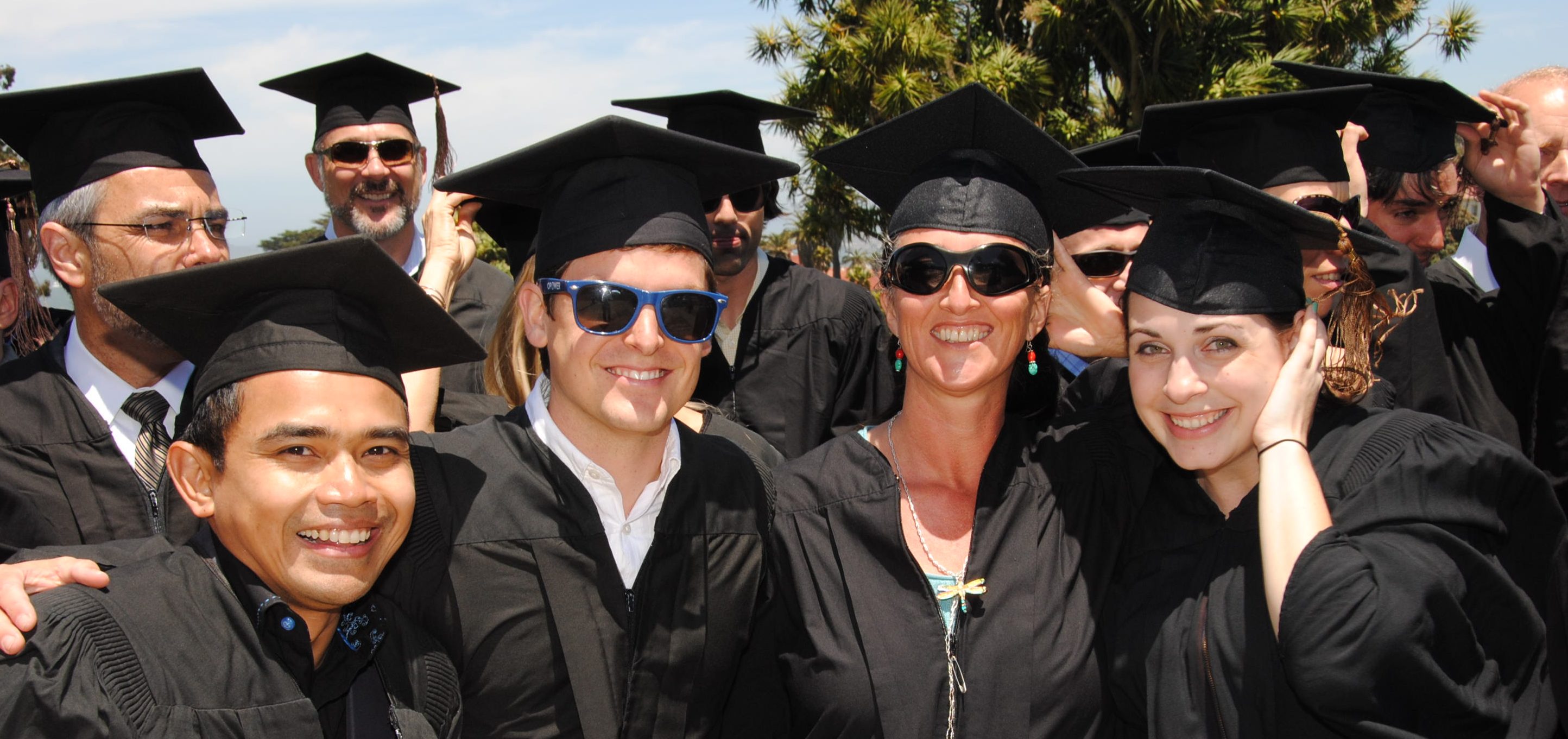
As a senior consultant at ICF International, Joe Herr (C13) used to inventory and analyze greenhouse gas emissions for the US EPA and United Nations, develop agricultural emissions projection tools for the USDA, and launch projects like the Climate Ready Estuaries program.
But while crunching GHG numbers helped mold his view of humans’ impact on the environment, life as a consultant left him wanting more.
PGS served as the mechanism to take the knowledge he already had and leverage it into something new. PGS “helped me push the refresh button,” Joe says, “to figure out how my experience fit into the bigger picture, and determine where to head next in a mission-aligned way.”
That next step was to become Community Energy Manager at Pacific Gas & Electric, and most recently Engagement Manager at Opower, winner of the World Wildlife Fund’s Green Game-Changes Innovator of the Year Award. In his new role, Joe performs business development and client advocacy at one of the fastest growing technology companies in North America.
Opower’s signature product is the Home Energy Report, which compares the billpayer’s energy usage with that of its neighbors, motivating energy conservation behavior, like turning off unused lights. Opower is one of the most well-known companies utilizing community-based social marketing strategies, which use social pressure to change people’s consumption behavior.
Behavioral energy efficiency is a tremendous opportunity, with the potential to save 19 terawatt hours of electricity per year and more than two billion dollars in consumer energy costs in the United States. When asked about the best ways to encourage saving energy, Joe says it does not take much work to make a huge impact. “When people learn they use more energy than their neighbors, they make small changes to try to perform better, which adds-up to significant energy savings at scale.”
Joe was excited about a recent peak load management project with Baltimore Gas and Electric that utilizes “behavioral messaging.” The Maryland-based utility provider is currently asking customers to cut back during peak energy-usage. Joe says this type of real-time, demand-side influence has the potential to remove plants that providers keep in reserve for peak times from the grid. This is attractive since “peaker” plants tend to be expensive and polluting natural gas plants.
utilizes “behavioral messaging.” The Maryland-based utility provider is currently asking customers to cut back during peak energy-usage. Joe says this type of real-time, demand-side influence has the potential to remove plants that providers keep in reserve for peak times from the grid. This is attractive since “peaker” plants tend to be expensive and polluting natural gas plants.
Joe says that both PG&E and Opower are organizations that gave him the opportunity to apply his personal philosophy of working within institutions to “make a genuine and foundational impact instead of staging confrontational attacks” against them. Joe believes that institutions that shape our world usefully excel at their core business (in PG&E’s case, providing “safe, reliable and affordable power”), but they have to provide that service while also being receptive to changing consumer demands and expectations.
With Joe’s help, we just might get the supply side and the demand side to work together.
